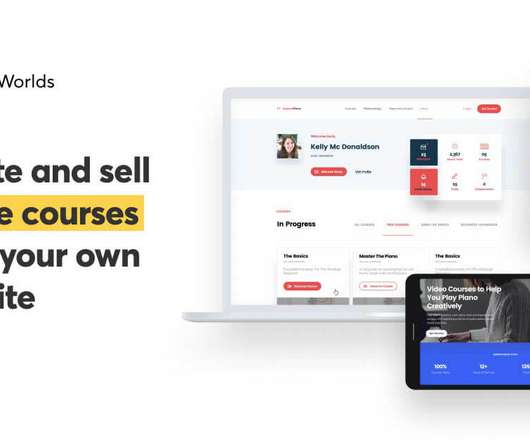Why your Business needs an LMS for Performance Support
ProProfs
NOVEMBER 26, 2017
The 70:20:10 model for Learning and Development states that individuals acquire 70% of their knowledge from job-related experiences, 20% from interactions with others and a mere 10% from formal educational events. Wondering how should businesses address this challenge? Curtails down time to train new employees. Conclusion.





























Let's personalize your content